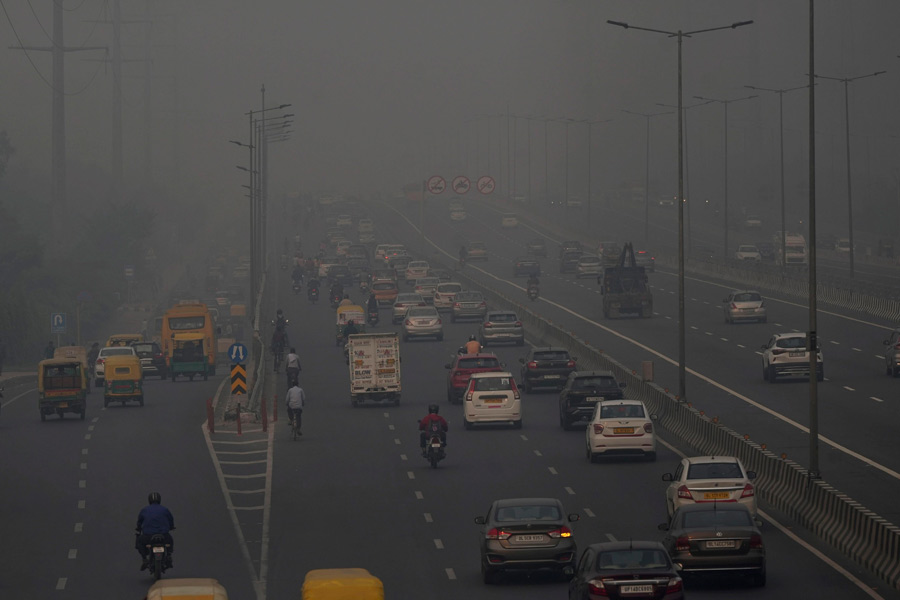Air pollution is the primary concern for foreigners considering establishing a permanent base in India, with the issue entangled in the political blame game, a German Embassy official said on Thursday.
Addressing a symposium on air pollution here, Hendrik Selle, the head of the Department for Economic and Global Affairs at the German Embassy, said that air pollution affects not only people's health but also the economy.
"Air pollution, in India for example, is one of the primary factors for those abroad who consider establishing a permanent representation in the country...(They) say this is something we cannot run the risk of doing," he said.
"So, it is indeed a very important concern and a multifactor problem, one that is far too often caught up in political blame game. The brick kiln worker attributes it to vehicular pollution, the stubble-burning farmer blames it on farmers in another state...which is not what we need. We need political action both nationally and internationally," he said.
Selle added that political action alone cannot reduce air pollution and the support of the private sector is crucial.
The German official said his country welcomes India's National Clean Air Programme which aims to reduce air pollution in 131 cities across the country.
He said Germany worked with India to ensure effective implementation of the NCAP in Surat, Pune and Nagpur as part of a project which started in 2019.
Selle said the countries are now embarking on a new bilateral project on reducing urban air pollution in India.
Addressing the event, Justice (retired) Swatanter Kumar, former chairperson of the National Green Tribunal, said the present generation has terribly failed in providing clean air to the next generation.
He said some cities in India need to make serious efforts to reduce air pollution.
The National Clean Air Programme, initiated in 2019, aims for a 20-30 percent reduction in PM2.5 and PM10 concentration by 2024 in 131 cities that hadn't met prescribed air quality standards from 2011 to 2015.
The government has now set a new target of achieving a 40 percent reduction in particulate matter concentration in these cities by 2026.
A report by the Energy Policy Institute at the University of Chicago (EPIC) in August last year said fine particulate air pollution (PM2.5) shortens an average Indian's life expectancy by 5.3 years.
Except for the headline, this story has not been edited by The Telegraph Online staff and has been published from a syndicated feed.











